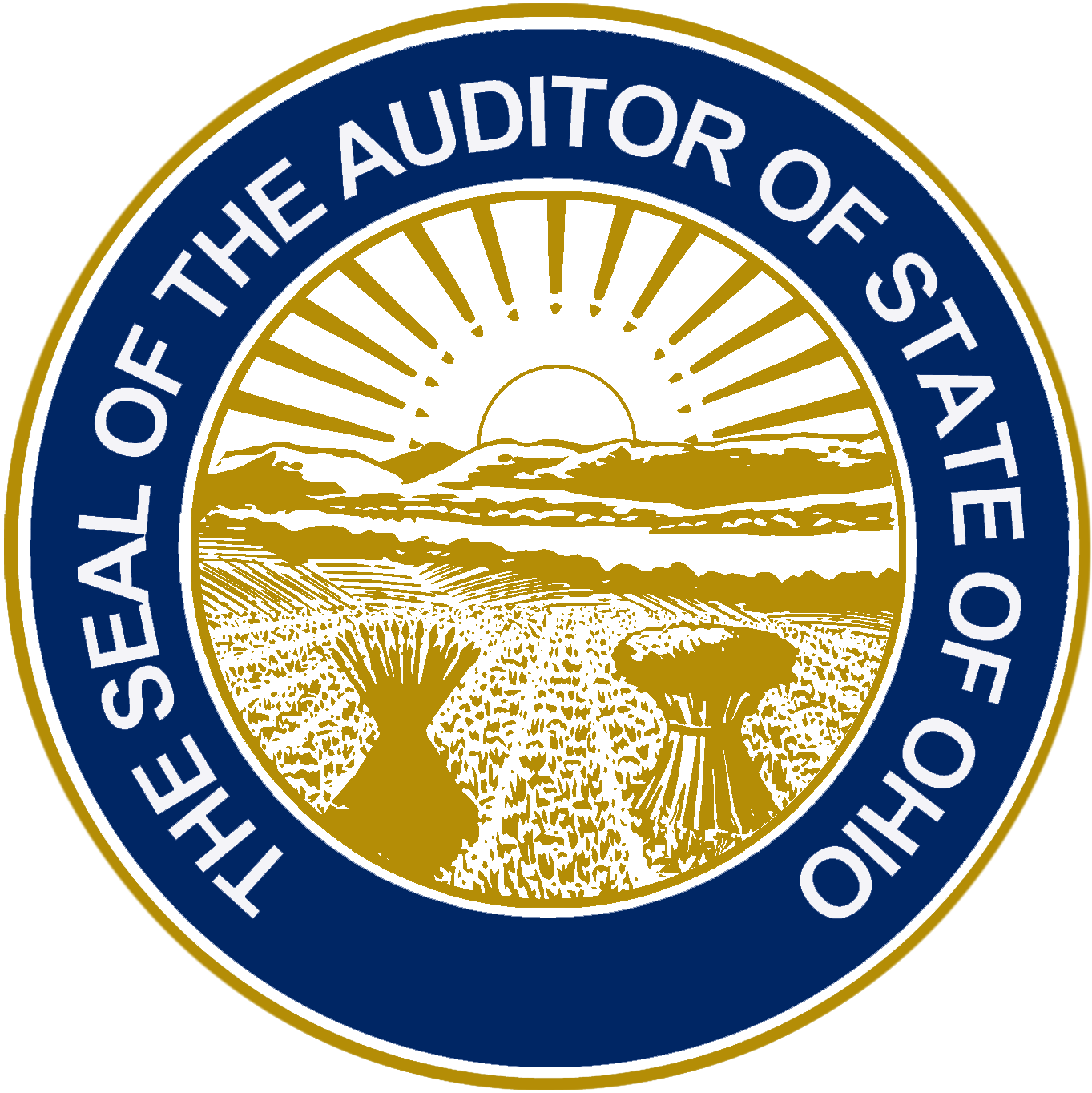
Press Release • Ohio Auditor of State
Auditor of State Adopts Lower-Cost Audit Process
Villages, Townships, Special Governments Eligible Could Cut Audit Costs in Half
Columbus – Auditor of State Dave Yost today adopted new audit policies that could save one in four Ohio governments as much as half of their traditional full audit costs.
Villages, townships and special governments such as park districts that disburse less than $5 million annually could qualify for Agreed-Upon Procedures (AUP) audits. Those that disburse less than $100,000 annually could save even more with a new basic audit procedure.
“Skinny government means smart government, and this is a chance to put taxpayer money where it does the most good,” Auditor Yost said. “Governments that earn it with good books can reduce audit costs and still protect public funds from fraud, abuse and loss.”
Agreed-upon procedures have been used in Ohio since 2009, but previously were available only to public offices with annual expenditures less than $1 million. The new policy raises the threshold to $5 million. The new policy also eliminates an exclusion for governments that have named new fiscal officers in the current or prior audit period.
Under the new policy, as many as 1,400 governments might qualify for AUP audits, an increase of 800 from about 600 that qualify now. Auditors commonly estimate that AUP audits save from 25 percent to 50 percent of full audit costs. About 5,700 public offices in Ohio require financial audits.
The option for a basic audit, which is an on-site limited review, is new in Ohio and applies to specific government types that disburse less than $100,000 annually. The following public offices could be eligible: villages, townships, libraries, parks and recreation districts, water and sewer districts, county boards of health, conservancy districts, solid waste districts, regional planning commissions, fire and ambulance districts, cemeteries, agricultural societies and Family & Children First councils, and others case by case.
The policy, in Auditor of State Bulletin 2012-007, is effective for audit periods ending on or after Nov. 30, 2012. All public offices must continue to file annual financial reports as required by law.
###
The Auditor of State’s office, one of five independently elected statewide offices in Ohio, is responsible for auditing more than 5,600 state and local government agencies. Under the direction of Auditor Dave Yost, the office also provides financial services to local governments, investigates and prevents fraud in public agencies and promotes transparency in government.
Contact:
Carrie Bartunek
Press Secretary
614-644-1111